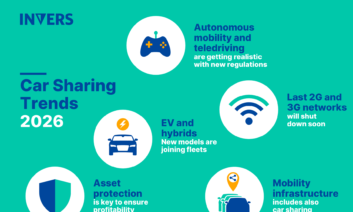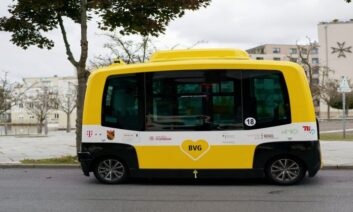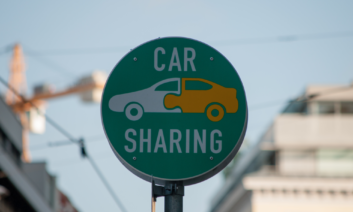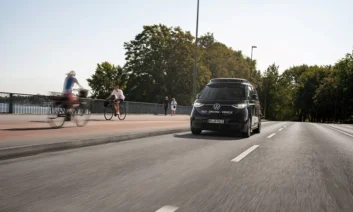Germany launches a fuel that is 95% ‘fossil-free’
Germany has introduced a new type of fuel that is composed of 95% materials that are not derived from fossil sources. This marks a significant step in the country's efforts to reduce its reliance on traditional fossil fuels and promote more sustainable alternatives. The innovative fuel blend is designed to lessen the environmental impact associated with fuel consumption, as it primarily utilizes renewable or recycled components rather than petroleum-based products.
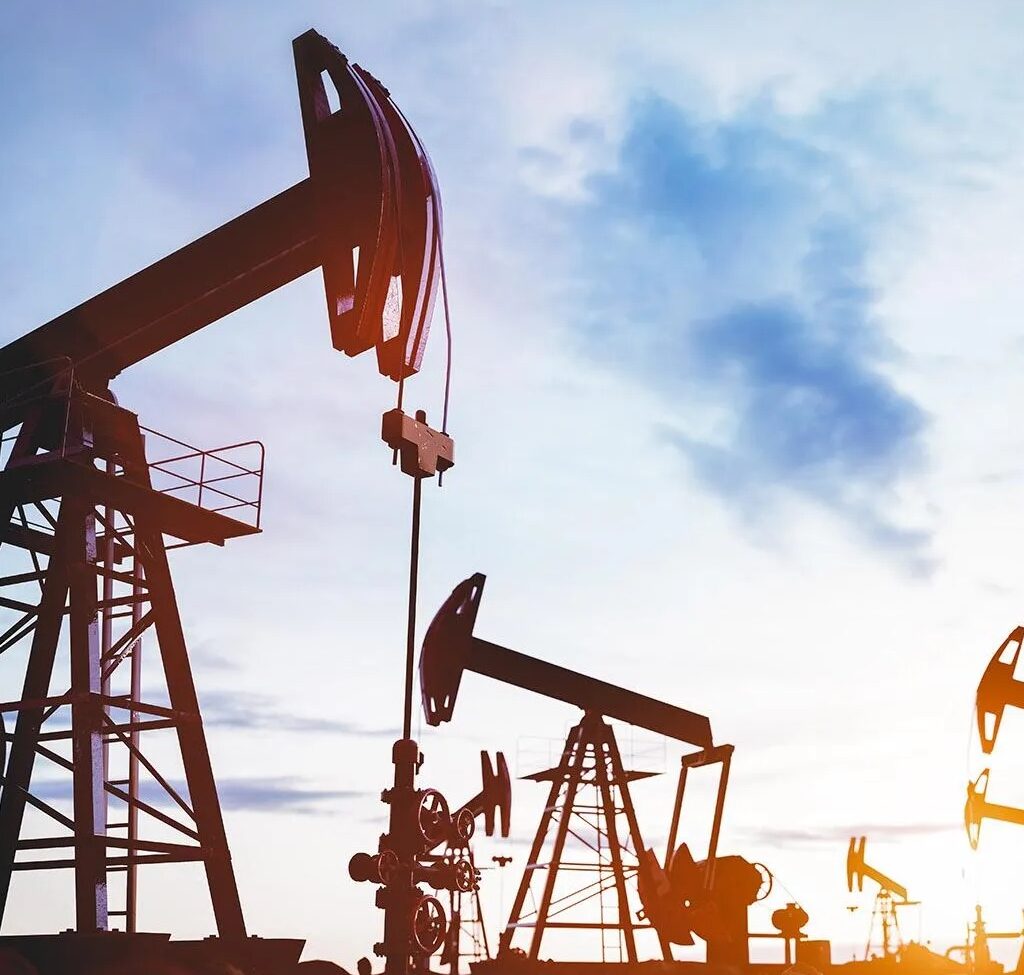
At selected German fuel stations, you can now pump Klima Benzin 95, an E10-compliant petrol that is 95% fossil-free. This could mark a huge step forward in reducing CO2 emissions from traffic – all while using current internal combustion engine (ICE) vehicles as well as the current network of fuel stations.
On 16 June, a fuel station near Bremen from the Classic chain became the first in Europe to dispense Klima Benzin 95. The fuel uses green methanol instead of fossil resources, and manages to be 95% free from fossil fuel. That could translate into a reduction of CO2 emissions by as much as 90% compared to ‘full-fossil’ E10 fuels.
And this without any loss of performance, and without requiring any engine modifications in current ICE vehicles that drive on petrol.
So says Lorenz Kiene, CEO of both Klima Kraftstoffe GmbH, which produces the new fuel, and Classic Tankstellen, the small chain of fuel stations which will offer it to drivers. “The introduction of Klima Benzin 95 is yet another step to enabling sustainable mobility in everyday use.”
This is not the first example of a low-emission fuel marketed by Classic, which operates around 166 fuel stations mainly in the north of Germany. In February 2023, Classic started offering Klima Diesel 25 and Klima Diesel 90, synthetic diesel fuels that offer a major reduction in emissions while using diesel-powered vehicles.
Classic’s offer of low-emission fuels for ICE vehicles will appeal especially to fleets seeking to reduce emissions while maintaining operational flexibility.
Decarbonizing transport by developing e-fuels is a solution favoured in particular by the German automotive industry, and explicitly approved by European Commission president Ursula von der Leyen in July 2024 as having a role in achieving climate neutrality.


